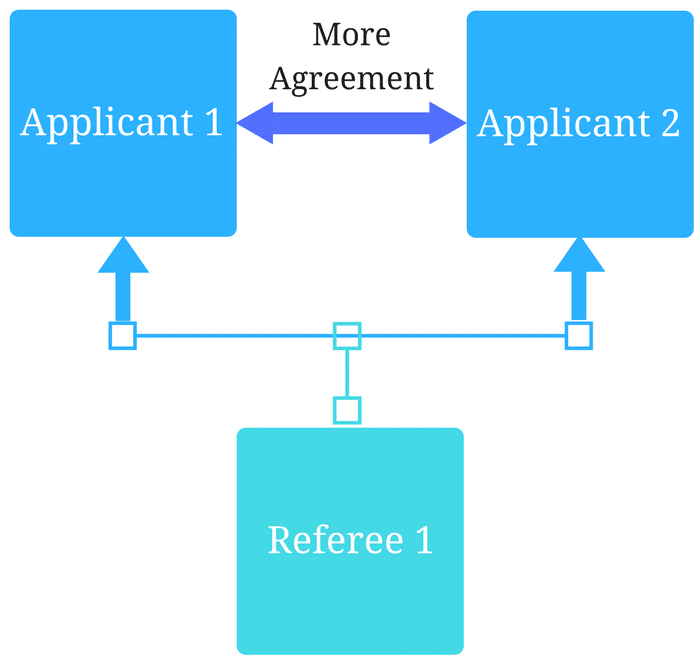How Casper’s Soft Skills Test Helps Set International Students Up For Success

August 31, 2023
In 2023, more than 1.7 million international students will leave their home countries to come to the U.S. and Canada to receive top-tier higher education. There’s a lot at stake for every student, and each institution must carefully review its applicants to ensure that those selected will succeed at building a brighter future in a new place. Any student’s program success is critical for future career opportunities. For higher education institutions, each international graduate that succeeds is a testament to the quality of their academics and international student support. It also relates directly to their ability to continue to attract talented international students – bright minds from varied backgrounds who bring fresh perspectives and enrich the academic environment.
But international student success does not come from academic skills alone. In a new country, the ability to communicate effectively, collaborate well, solve problems in both academic and personal situations, cultivate self awareness, and tap into resilience are all equally, if not more, important.
Given how important these interpersonal skills are, the traditional approach of evaluating academic credentials and language proficiency is far from sufficient for identifying students who have what it takes for them to do well in a new country and program.
A holistic perspective
The journey of an international student is not merely an academic one; it is a life-changing experience that involves adapting to a new country, culture, and way of life. Communication skills help bridge cultural and linguistic divides, enabling them to foster meaningful connections with other students and university staff. Effective collaboration empowers them to engage in various teams, harnessing varied perspectives to drive innovation and solve problems. Self-awareness and resilience equips international students to navigate the challenges of adapting to a new culture, managing homesickness, and thriving in unfamiliar academic settings.
All these skills are important for helping students navigate the challenges that accompany such a significant transition.
How admissions teams use Casper
Traditional admissions requirements focus on transcripts and standardized tests that indicate an applicant’s academic skills and language proficiency. Personal essays and letters of recommendation are often used to gauge soft skills, but these are unreliable and time consuming to assess, and in the age of ChatGPT and other online resources, don’t always offer the best measure of an applicant’s communication skills and lived experiences. This is where Casper comes in.
Casper is a situational judgment test (SJT) that assesses how individuals would handle personal and professional challenges and, more importantly, their underlying reasoning. It has an open-response format, unlike other SJTs that use a multiple choice format with pre-determined lists of answers. This ensures Casper promotes authenticity by allowing applicants to describe their actions and provide the rationale behind their decisions in specific scenarios.
Here are some other Casper highlights:
- Casper is delivered online, making it possible for your applicants anywhere in the world to take it easily on any computer.
- It takes 90-110 minutes to complete.
- It includes both text and video-based scenarios and responses that reflect real-life experiences, encouraging participants to freely express their thoughts.
- The human raters responsible for scoring candidates receive extensive training and represent the community that the new hires will serve, ensuring a comprehensive and fair evaluation.
- A single z-score is provided to the institution, enabling admissions teams to better predict who will bring the right personal and professional skills to make their time at your university – and beyond – successful.
Admissions teams can use Casper’s evaluations by combining them with other decision-making inputs to make informed admissions decisions. Proven to predict in-program performance, reduce remediation costs and save time and resources in the admissions process, Casper can help institutions identify and select international students who will thrive in this new step in their journey.
The future of international student recruitment lies in acknowledging the holistic potential of each applicant. By taking this proactive approach, universities can create a conducive learning environment that empowers international students to succeed both academically and personally.
Related Articles

How interviews could be misleading your admissions...
Most schools consider the interview an important portion of their admissions process, hence a considerable…
Reference letters in academic admissions: useful o...
Because of the lack of innovation, there are often few opportunities to examine current legacy…
